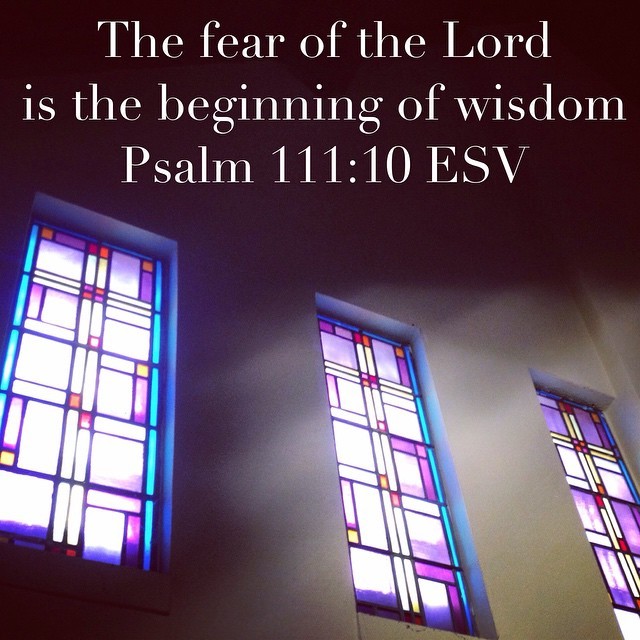Lost and Found Luke 2:41-52
There's much mystery to Jesus person. Many call it incarnation. He is God and human 100% both all at once. Luke's gospel starts with stories inviting us into the mystery Luke 1:1-2:52. John's gospel starts with a riff on God becoming flesh.
To drink deep of the mystery of the incarnation it's good to consider the story of Jesus as a boy in the temple Luke 2:41-52. It comes after the more familiar Christmas stories about angels, Jesus' virgin birth in a stable, shepherds, and Jesus' dedication in the temple. This is the only story in scripture about Jesus growing up.
The plot's pretty simple
Jesus went missing but he wasn't lost.
He found himself at home in his Father's house.
The longer story is that Jesus went to Jerusalem with his folks, Joseph and Mary (Luke 2:41-42). These 2 were the people he called dad אַבָּא abba and mom אִמָא amma. He was raised in their family with brothers and sisters. And they went to Jerusalem for Passover. Sounds like a great trip. They traveled as part of a large and wonderful group. But Jesus, unknown to them, stayed in Jerusalem. His parents headed home towards Nazareth (Luke 2:43-44). And Jesus stayed at home in the temple. Why wouldn't he? After all He was home. The temple was his Father's house.
I imagine the moment as a dad. Here's the family on the road. Traveling with a group assuming Jesus had journeyed with them in some other part of the group. Panic came at the end of a day's journey. Where's the boy. He wasn't where he should have been. Where was he? Luke 2:45
They hustle back to Jerusalem. They spent a day looking, I'm guessing, in all the places a 12 year old boy could find to get in trouble Luke 2:45. I'm a dad with 2 12 year-olds. Sometimes I think they're grown and responsible; but other times I think of all the trouble they can find in the world. Fear is very real for parents in any day and age. And after searching all the places where a boy could have gotten into trouble Joseph and Mary found him in the temple. Jesus God in flesh was home. Yes he's God but he is also Mary and Josephs' Thing is he was their boy. Sure the teachers were reveling in this moment. Such wisdom and insight came from a boy Luke 2:46-47. Mary got to the point,
Child, why have you treated us like this? Look, your father and I have been searching for you in great anxietyYep he was son of God. But he was also their kid, the one they were responsible for and they didn't understand or much appreciate his dawdling. Jesus explained he was only in his Father's house Luke 2:49-50. Joseph and Mary didn't understand and Jesus didn't protest. He went home and honored Joseph and Mary. And Mary tucked away what she heard in her heart Luke 2:51-52. Luke said she did just the same thing with words of the shepherds Luke 2:19.
Luke 2:48 NRSV
There's power in this story. It helps us to see the reality of God coming as more than just a consciousness in the person of Jesus. Here were two parents freaking out because this child God/Man was missing. He was not phantom. He was their kid. Here's a great joy and mystery for us. God would come and be one of us. John wrote of the mystery calling Jesus the Word,
and ΚαὶAnd I give thanks that Jesus has come to live, to die, and to rise that we might have life in him. AMEN.
the word ὁ λόγος
flesh σὰρξ
became ἐγένετο
and καὶ
tabernacled/pitched a tent/dwelt ἐσκήνωσεν
among/with ἐν
us ἡμι̂ν,
and καὶ
we looked upon ἐθεασάμεθα
the τὴν
glory δόξαν
of him αὐτου̂,
glory δόξαν
of ὡς
only generated/begotten son μονογενου̂ς
beside παρὰ
the Father πατρός,
full πλήρης
grace χάριτος
and καὶ
truth ἀληθείας.
John 1:14 Greek from The Greek New Testament (electronic ed. of the 3rd ed. (Corrected)). Federal Republic of Germany: United Bible Societies.
Peace, and thanks for reading.








